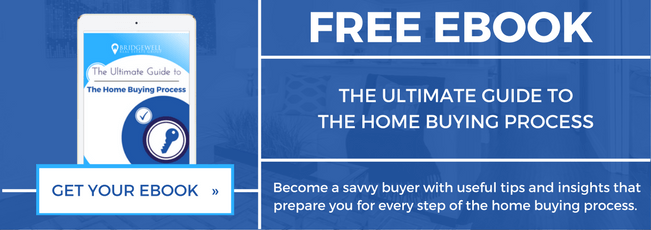What is an Easement?
Real Estate Definitions

Wait what.. We have to share? Just because you own a home doesn’t mean it’s 100% yours.
What is an easement in real estate?
Easements are a right given to another person or entity to trespass upon or used land owned by someone other than themselves for a specified purpose. They are often used in residential lots, in which one owner will allow access to their neighbour to use a portion of their lot. For example, a dirt driveway that is used between neighbours.
The payment for an easement can be one-time, annual or any agreed upon payment schedule. Easements can also be used for roads, to give utility companies (such as Telus or Shaw) the right to bury cables or access utility lines in the case of emergency.
Does an easement run with the land?
Yes, easements run with the land. What does ‘run with the land’ mean? It means that even if the current owner sells to a buyer, the easement will still be in full effect. No matter who owns or occupies the property, the easement still runs with the land. It is important to know that easements can have expiry dates.
How can I figure out if a property has an easement?
- If you’re writing an offer on a property or own a property, you should receive a title search. In the case that you’re buying a property, you should receive a title search from the listing agent of the property. Receiving and approving a title search is typically one of the subjects that are seen in an offer. (otherwise known as a contract of purchase and sale)
- If you are an owner of the property and have mislocated your title search, you can go to the Land Titles Office and ask for a title search on your home.
- In the title search under the charges section, you will clearly see a charge labelled ‘EASEMENT’ if there is in fact an easement on your property.
Buying and selling property with easements
As mentioned previously, easements run with the land, and therefore rights and obligations of easements registered on your property are automatically transferred to the new owners when you sell. As a buyer, to make sure you fully understand the extent of the easement, ask the title company, lawyer/notary or your realtor to retain all documents pertaining to the original easement in order to review the details. That way, you will know the exact location of the easement, its size and scope and how it’s to be utilized.
If you are selling a property in which you had previously agreed to an easement, you do not need the approval of the party whom the easement favours. However, any change in the use of the property must take into consideration the fact of any existing easement. This would include building additions, such as a fence that would block the easement. Thus, it is very important to have documentation on the easement for your new buyer so that they are fully aware of the responsibility that comes with purchasing your property.
—
Are you buying or selling a property with an easement or a restrictive covenant? It’s important to hire a realtor that knows what they’re doing and how to legally address these items on the title search. For a run down on charges on the title, call or text us at 604-319-0200 or email [email protected].



